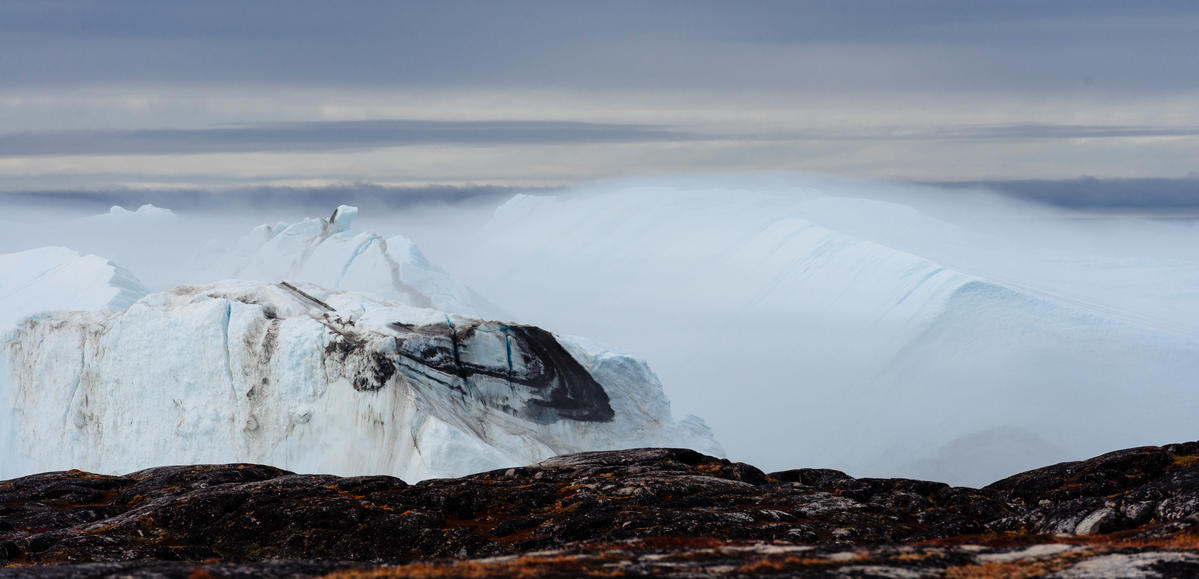The Clean Arctic Alliance, a coalition comprising influential environmental organizations such as Bellona, is ramping up its endeavors to tackle the pressing issue of black carbon emissions in the Arctic. Following a significant meeting with Arctic Council leadership, the Alliance has underscored the critical imperative for immediate action to curb black carbon, a highly impactful pollutant exacerbating the rapid melt of Arctic ice. Given the alarming doubling of black carbon emissions from shipping between 2015 and 2021, the Alliance is emphatic about the necessity of establishing fresh emissions targets. Moreover, they advocate for the development and implementation of innovative zero-emissions energy strategies tailored specifically for the Arctic region. These proactive measures are essential not only for mitigating the adverse effects of climate change but also for safeguarding the fragile Arctic ecosystem for current and future generations.
Urgency of Combatting Black Carbon
Sian Prior, the lead advisor with the Clean Arctic Alliance, emphasizes the urgent need to combat black carbon emissions in the Arctic. She stresses the critical nature of this pollutant and the Alliance’s unwavering dedication to assisting Arctic States in establishing new emissions targets. A primary focus is placed on reducing emissions from the shipping sector, given its significant contribution to black carbon pollution in the region. Prior emphasizes the importance of collaborative efforts at the International Maritime Organization (IMO) to tackle global black carbon emissions from ships. Such actions are deemed vital not only for environmental conservation but also for the well-being of indigenous communities whose livelihoods are intricately tied to the Arctic environment.
Importance of Arctic Council’s Role
Sigurd Enge, Bellona’s senior shipping and Arctic advisor, underscores the indispensable role of the Arctic Council in formulating strategies to address black carbon emissions. He emphasizes the Council’s unique position to lead efforts in exploring alternative energy sources as substitutes for traditional fuels in Arctic shipping. Enge highlights the Council’s potential to foster cooperation and facilitate knowledge-sharing among member states and stakeholders. His remarks underscore the significance of international collaboration in identifying and implementing sustainable energy solutions tailored to the specific needs and challenges of the Arctic region. Enge’s advocacy reflects a broader recognition of the Arctic Council’s pivotal role in advancing environmental protection and promoting the long-term sustainability of the Arctic ecosystem.
Challenges Amidst Political Turmoil
Amidst geopolitical upheaval stemming from Russia’s invasion of Ukraine, the Clean Arctic Alliance’s advocacy faces significant challenges within the Arctic Council. The suspension of Russia’s annual payment to the Council further complicates matters, exacerbating existing tensions among member nations and posing a threat to the advancement of environmental initiatives in the region. Yury Sergeev of Bellona denounces Russia’s actions as a form of political blackmail, highlighting the detrimental consequences for Arctic cooperation and global environmental endeavors. The current impasse underscores the urgent need for diplomatic resolutions to mitigate discord and foster collaborative efforts towards preserving the Arctic environment amidst escalating geopolitical tensions. Sergeev’s condemnation reflects broader concerns within the environmental community regarding the impact of political turmoil on crucial conservation efforts in the Arctic.
Environmental Impacts of Black Carbon
Black carbon emissions pose significant environmental risks, particularly in the Arctic, where they contribute to climate change and ice melt. The Alliance highlights the visible impact of black carbon as soot coats on the polar ice cap, exacerbating the region’s vulnerability to warming temperatures. Increased maritime traffic through Arctic waterways further amplifies black carbon emissions, necessitating immediate action to mitigate its detrimental effects.
Call to Action and Alliance Membership
The Clean Arctic Alliance issues a resounding call to action, reaching out to Arctic States and international organizations to join forces in combating black carbon emissions. With a diverse membership comprising over 20 influential organizations such as Greenpeace, WWF, and the European Climate Foundation, the Alliance embodies a global movement dedicated to safeguarding the Arctic from pollution. Through concerted advocacy efforts, the Alliance champions the reduction of heavy fuel oil usage in the region, striving to preserve the Arctic environment for the well-being of present and future generations. This collective initiative underscores the importance of collaborative action on a global scale to address the pressing environmental challenges facing the Arctic and underscores the urgency of unified efforts in protecting this vital ecosystem.
Conclusion: Collaboration for a Sustainable Arctic Future
In conclusion, the Clean Arctic Alliance’s advocacy underscores the urgent need for action to reduce black carbon emissions in the Arctic. With the region facing unprecedented environmental challenges, collaboration among Arctic States and international organizations is essential to develop sustainable energy solutions and mitigate the impacts of climate change. As political tensions persist within the Arctic Council, it is imperative for stakeholders to prioritize environmental protection and work towards a shared vision of a sustainable Arctic future.

